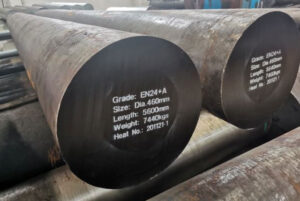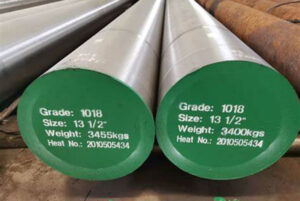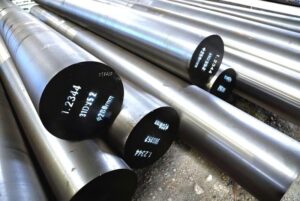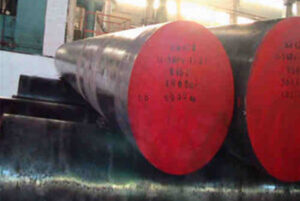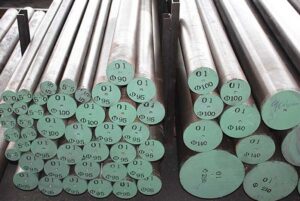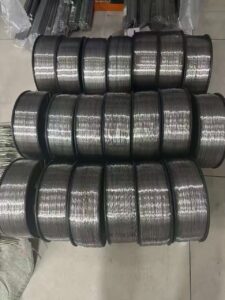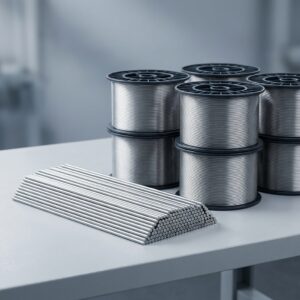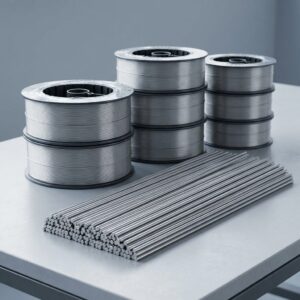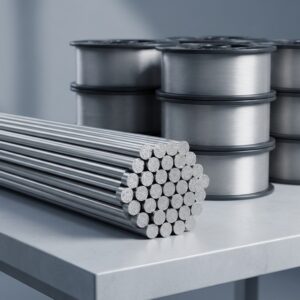Overview of Kovar Iron-Cobalt-Nickel-Chromium Alloy Steel
Kovar Iron-Cobalt-Nickel-Chromium Alloy Steel, commonly known as Kovar, is a specialized metal alloy with unique properties that make it highly valuable in various industries. It’s renowned for its exceptional thermal expansion characteristics, making it a preferred choice in applications requiring a precise and stable match with glass and ceramics. The alloy’s composition typically includes iron, cobalt, nickel, and chromium, with each element playing a crucial role in its performance.
Kovar’s main claim to fame is its ability to maintain a consistent shape and size across a wide temperature range, a feature that’s critical in applications like electronic packaging, hermetic seals, and scientific instruments. But what makes Kovar truly fascinating is the interplay of its components and the resulting properties that make it indispensable in high-tech fields.
Let’s dive deeper into the world of Kovar, exploring its chemical composition, mechanical properties, applications, heat treatment processes, and more. Buckle up; it’s going to be an enlightening journey through the metallic marvel that is Kovar Iron-Cobalt-Nickel-Chromium Alloy Steel!
Chemical Composition of Kovar Iron-Cobalt-Nickel-Chromium Alloy Steel
Understanding the precise chemical makeup of Kovar is essential for appreciating its unique properties. The alloy’s constituents are meticulously proportioned to achieve its renowned thermal stability and compatibility with glass and ceramics. Here’s a detailed breakdown of its chemical composition:
| Nguyên tố | Percentage Composition (%) |
|---|---|
| Sắt (Fe) | 53.0 – 54.0 |
| Niken (Ni) | 28.5 – 29.5 |
| Cobalt (Co) | 16.8 – 17.8 |
| Crôm (Cr) | 0.20 – 0.30 |
| Manganse (Mn) | 0.20 – 0.30 |
| Silicon (Si) | 0.20 – 0.30 |
| Carbon (C) | ≤ 0.02 |
The interplay of these elements grants Kovar its signature low thermal expansion and high strength. Iron serves as the base, while nickel and cobalt enhance the alloy’s stability and compatibility with other materials. Chromium, manganese, and silicon are added in small amounts to improve the alloy’s hardness, oxidation resistance, and overall durability.
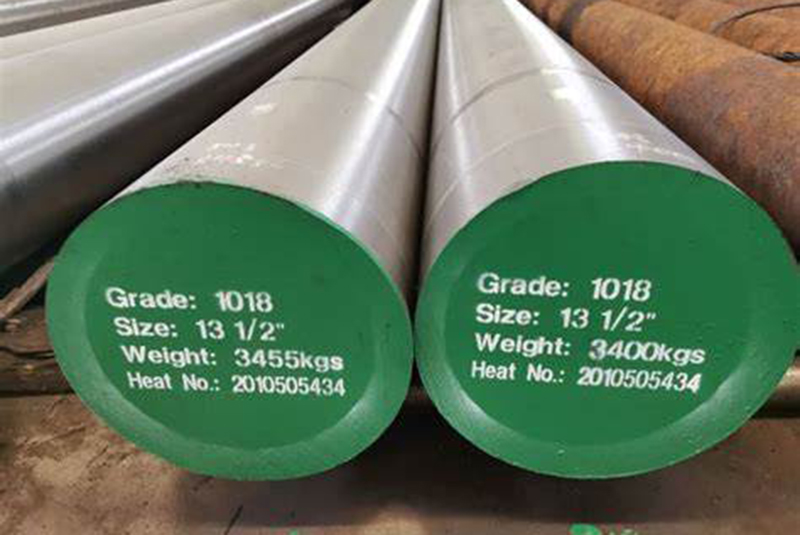
The Mechanical Properties of Kovar Iron-Cobalt-Nickel-Chromium Alloy Steel
Kovar isn’t just about its chemical composition; its mechanical properties are equally impressive. These properties determine how the alloy behaves under different conditions, influencing its suitability for various applications. Let’s examine these properties in detail:
| Tài sản | Giá trị |
|---|---|
| Độ đặc | 8.36 g/cm³ |
| Melting Point | 1450 °C |
| Thermal Expansion | 4.9 x 10⁻⁶ /°C (20-400 °C) |
| Thermal Conductivity | 17 W/m·K |
| Độ bền kéo | 485 MPa |
| Độ bền kéo | 240 MPa |
| Hệ số đàn hồi | 138 GPa |
| Hardness (Rockwell B) | 70 |
These properties make Kovar ideal for applications demanding high precision and reliability over a broad temperature range. Its low thermal expansion ensures minimal dimensional changes, while its strength and hardness contribute to its durability in demanding environments.
Ứng dụng của Kovar Iron-Cobalt-Nickel-Chromium Alloy Steel
Kovar’s unique properties open up a world of applications across various industries. From electronics to aerospace, Kovar is a key player. Here’s how it’s used:
| Ngành công nghiệp | Đơn đăng ký |
|---|---|
| Electronics | Sealing glass-to-metal in electronic packages, transistor bases, and integrated circuits |
| Không gian | Structural components in aircraft and spacecraft, sensors, and instrumentation |
| Thiết bị y tế | Components in medical imaging devices, diagnostic equipment, and hermetic seals |
| Scientific Instruments | Precision instruments, X-ray tubes, and laboratory equipment |
| Telecommunications | Seals and connectors in fiber optics, RF filters, and microwave systems |
Kovar’s unmatched ability to bond with glass and ceramics without causing thermal stress makes it indispensable in these high-tech fields. Its reliability ensures the longevity and performance of critical components.
Xử lý nhiệt của Kovar Iron-Cobalt-Nickel-Chromium Alloy Steel
Heat treatment processes are essential in enhancing the properties of Kovar. These treatments can improve the alloy’s strength, hardness, and overall performance. Here’s a look at the typical heat treatment procedures for Kovar:
| Quy trình | Temperature (°C) | Duration | Purpose |
|---|---|---|---|
| Ủi nhiệt | 850 – 900 | 1 – 2 hours | Relieves internal stresses and improves ductility |
| Stress Relieving | 600 – 650 | 1 – 2 hours | Minimizes residual stresses from machining and forming |
| Hardening | 1000 – 1050 | 30 minutes | Increases hardness and wear resistance |
| Aging | 450 – 500 | 1 – 4 hours | Enhances mechanical properties and dimensional stability |
Each of these processes modifies the microstructure of Kovar, tailoring its properties to specific requirements. Proper heat treatment is crucial for ensuring that Kovar components perform optimally in their intended applications.
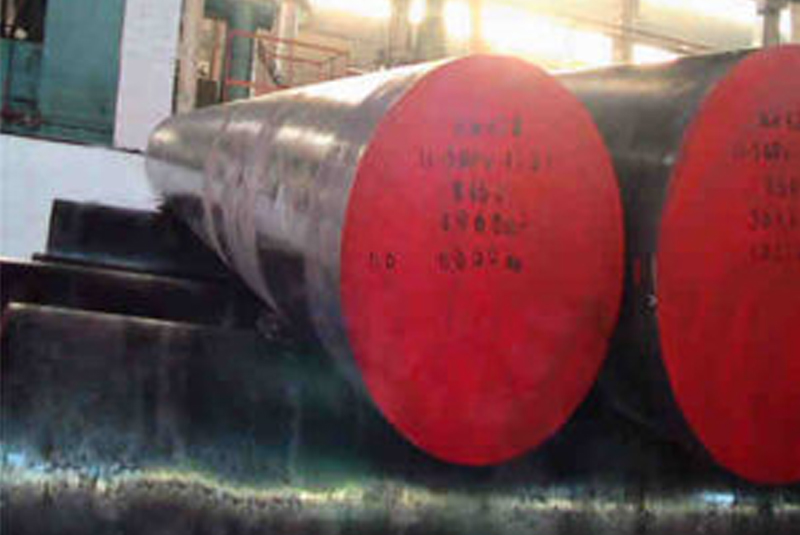
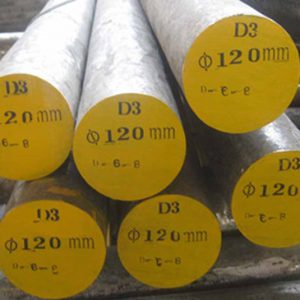
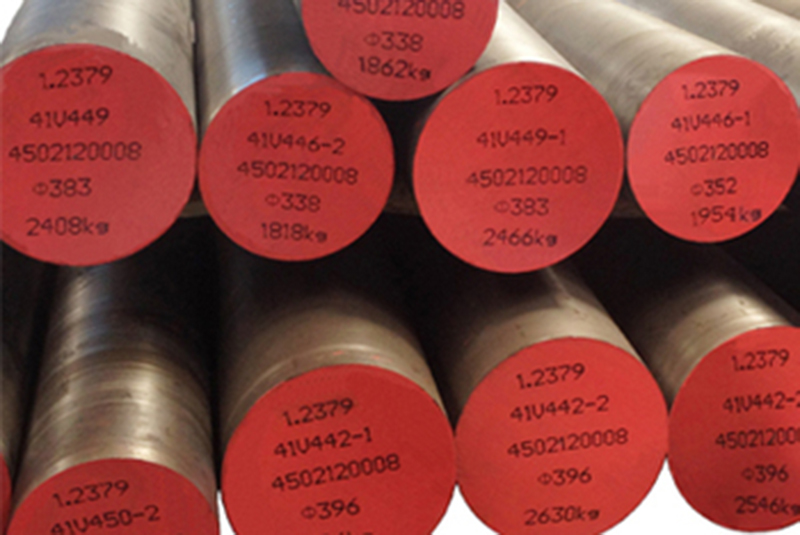
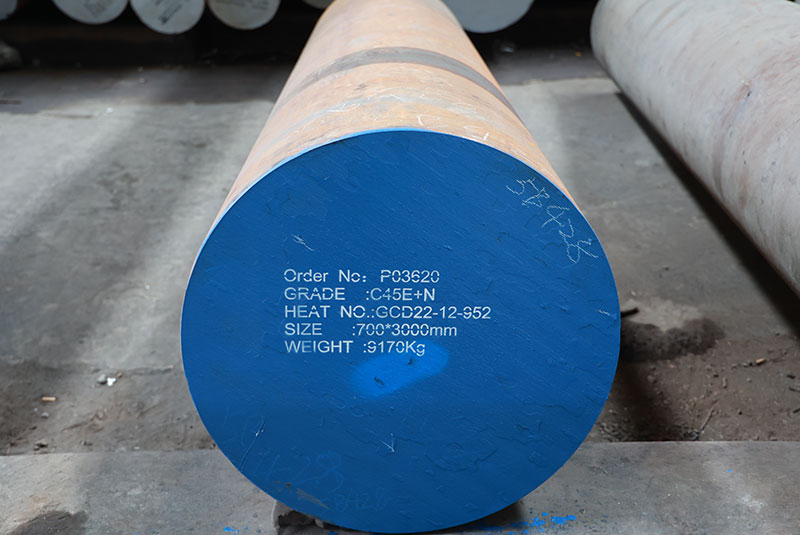
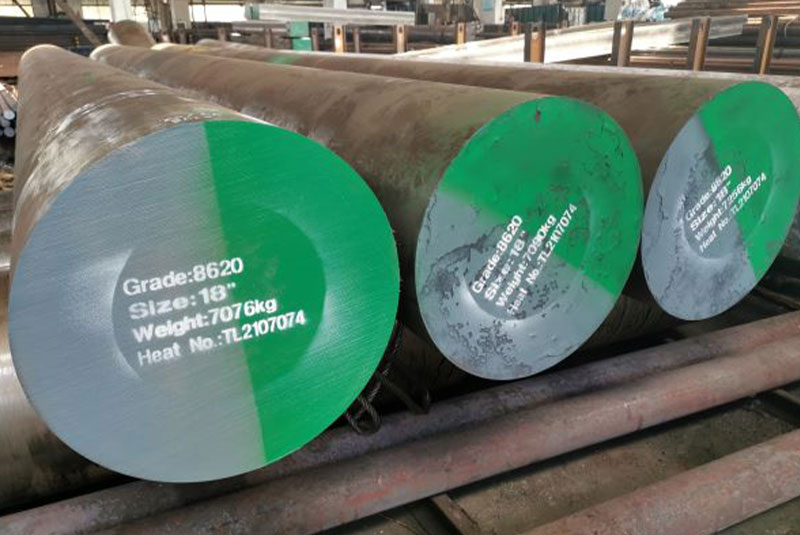
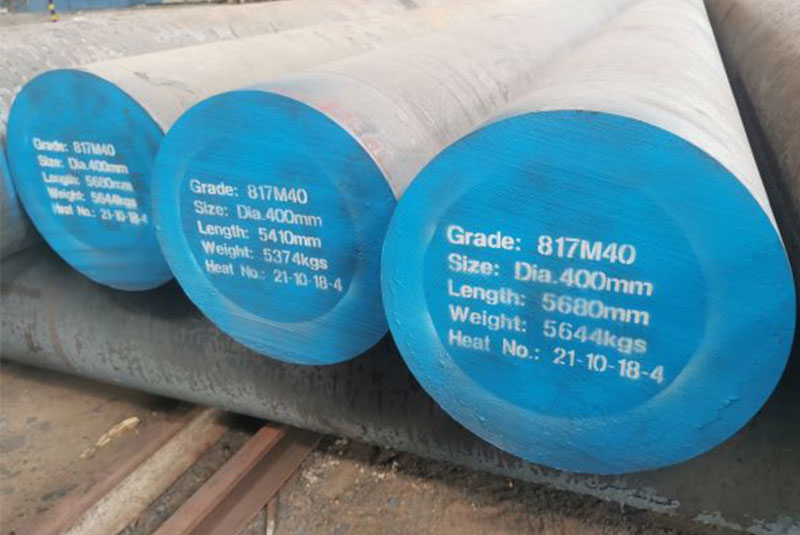
Nhà cung cấp và Giá cả
When sourcing Kovar, it’s important to consider both the quality of the material and the reputation of the supplier. Here are some leading suppliers and indicative pricing details:
| Nhà cung cấp | Location | Product Form | Price Range (USD/kg) |
|---|---|---|---|
| Carpenter Technology | Hoa Kỳ | Rods, sheets, wires | 100 – 200 |
| Hitachi Metals | Japan | Bars, plates, wires | 120 – 220 |
| Alloy Wire International | UK | Wires, coils | 110 – 210 |
| Special Metals Corporation | Hoa Kỳ | Sheets, strips | 130 – 230 |
| ThyssenKrupp | Germany | Bars, rods, strips | 125 – 225 |
Pricing can vary based on factors such as order quantity, product form, and market conditions. It’s always advisable to request quotes from multiple suppliers to ensure competitive pricing.
Advantages and Disadvantages
Like any material, Kovar has its pros and cons. Understanding these can help in making informed decisions about its use.
| Ưu điểm | Nhược điểm |
|---|---|
| Excellent thermal expansion matching with glass/ceramics | High cost compared to other alloys |
| High strength and hardness | Yêu cầu xử lý nhiệt chính xác để đạt được các tính chất tối ưu. |
| Good thermal conductivity | Limited availability in certain regions |
| Reliable performance in extreme conditions | Complexity in machining and forming |
Kovar’s advantages, particularly its thermal stability and mechanical strength, make it an ideal choice for demanding applications. However, its high cost and the need for precise handling can be potential drawbacks.
Comparing Kovar to Other Alloys
Kovar stands out in the world of alloys, but how does it compare to others like Invar or Inconel? Let’s find out:
| Tài sản | Kovar | Invar | Inconel |
|---|---|---|---|
| Thermal Expansion | 4.9 x 10⁻⁶ /°C (20-400 °C) | 1.2 x 10⁻⁶ /°C (20-100 °C) | 13 x 10⁻⁶ /°C (20-400 °C) |
| Độ đặc | 8.36 g/cm³ | 8.1 g/cm³ | 8.44 g/cm³ |
| Melting Point | 1450 °C | 1430 °C | 1390 – 1425 °C |
| Ứng dụng | Electronics, aerospace | Precision instruments | High-temperature applications |
| Chi phí | High | Trung bình | High |
Kovar’s thermal expansion is higher than Invar but significantly lower than Inconel, making it more suitable for applications requiring a close match with glass or ceramics. However, Inconel’s superior high-temperature resistance gives it an edge in environments where Kovar might not perform as well.
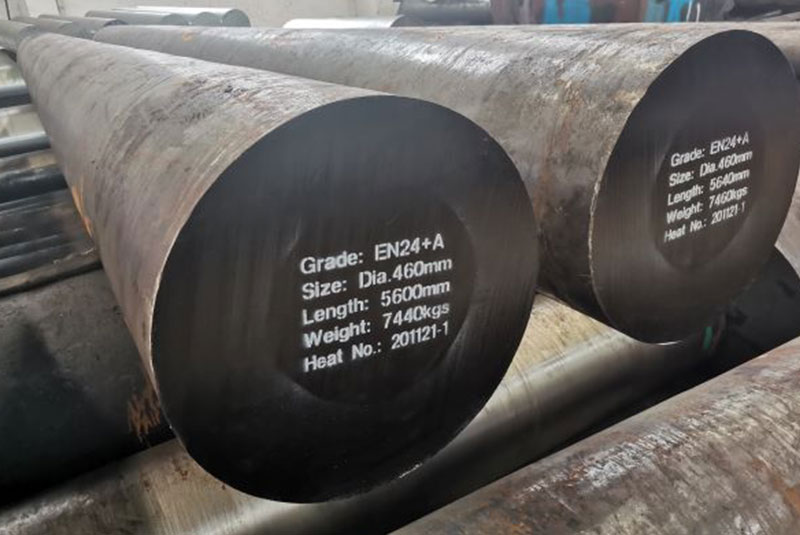
Câu hỏi thường gặp
| Câu hỏi | Trả lời |
|---|---|
| What is Kovar used for? | Kovar is used in electronic packaging, aerospace components, medical devices, and scientific instruments. |
| Why is Kovar important? | Its low thermal expansion and high strength make it ideal for applications requiring dimensional stability. |
| How is Kovar made? | Kovar is produced through melting and alloying its constituent elements, followed by precise heat treatments. |
| What are the key properties of Kovar? | Key properties include low thermal expansion, high tensile strength, and good thermal conductivity. |
| Can Kovar be machined easily? | Kovar can be machined, but it requires precise handling to avoid introducing stresses. |
| How does Kovar compare to Invar? | Kovar has a higher thermal expansion than Invar but offers better compatibility with glass and ceramics. |
| Is Kovar expensive? | Yes, Kovar is generally more expensive due to its specialized composition and processing requirements. |
| What industries use Kovar the most? | Electronics, aerospace, medical devices, and telecommunications industries heavily rely on Kovar. |
Kết luận
Kovar Iron-Cobalt-Nickel-Chromium Alloy Steel is a marvel of metallurgical engineering, offering unparalleled thermal stability and mechanical strength. Its unique properties make it an indispensable material in high-tech industries where precision and reliability are paramount. From its intricate chemical composition to its diverse applications, Kovar stands out as a testament to the advancements in alloy technology.
Whether you’re working in electronics, aerospace, medical devices, or scientific research, understanding Kovar and its capabilities can provide a significant edge. As we’ve explored, the combination of its elements and the meticulous processes involved in its production result in a material that is both fascinating and highly functional.
Next time you encounter a precision electronic device or a component in a high-performance aircraft, there’s a good chance that Kovar is quietly doing its job, ensuring everything runs smoothly. And now, with this comprehensive guide, you have a deeper appreciation for the alloy that makes it all possible.

